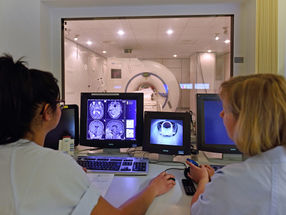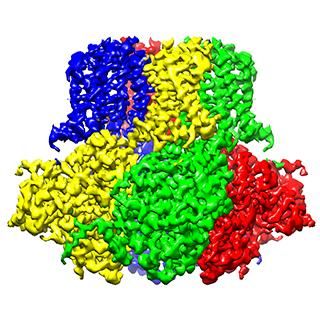Crucell and WRAIR Sign CRADA to Evaluate PER.C6® Technology for Development of Flavivirus Vaccines
Advertisement
Crucell N.V. announced that it has signed a Cooperative Research and Development Agreement (CRADA) with the Walter Reed Army Institute of Research (WRAIR) to evaluate Crucell's PER.C6® technology for the development of vaccines against the flaviviruses dengue fever and Japanese encephalitis (JE).
WRAIR is engaged in the development of a second-generation JE vaccine, to replace the current mouse-brain-derived inactivated vaccine, and a first-generation inactivated vaccine for dengue. Inactivated vaccines have been successful in preventing flaviviruses such as JE and tick-borne encephalitis, but the approach has not been fully explored for dengue, largely because of the difficulty in growing the virus to sufficiently high titers. Crucell's PER.C6® cell line has demonstrated susceptibility to dengue and JE and its ability to achieve the necessary growth of each virus will be explored under the CRADA.
Crucell's experience with the use of rare adenovirus serotypes as vaccine vectors will also be applied in an effort to raise the desired immune response. Crucell and WRAIR have previously collaborated in the development of a malaria vaccine based on Crucell's adenovirus vector technology, AdVac®, and produced on PER.C6®. The vaccine is set to enter clinical trials in 2006.
Other news from the department science

Get the life science industry in your inbox
By submitting this form you agree that LUMITOS AG will send you the newsletter(s) selected above by email. Your data will not be passed on to third parties. Your data will be stored and processed in accordance with our data protection regulations. LUMITOS may contact you by email for the purpose of advertising or market and opinion surveys. You can revoke your consent at any time without giving reasons to LUMITOS AG, Ernst-Augustin-Str. 2, 12489 Berlin, Germany or by e-mail at revoke@lumitos.com with effect for the future. In addition, each email contains a link to unsubscribe from the corresponding newsletter.


























































